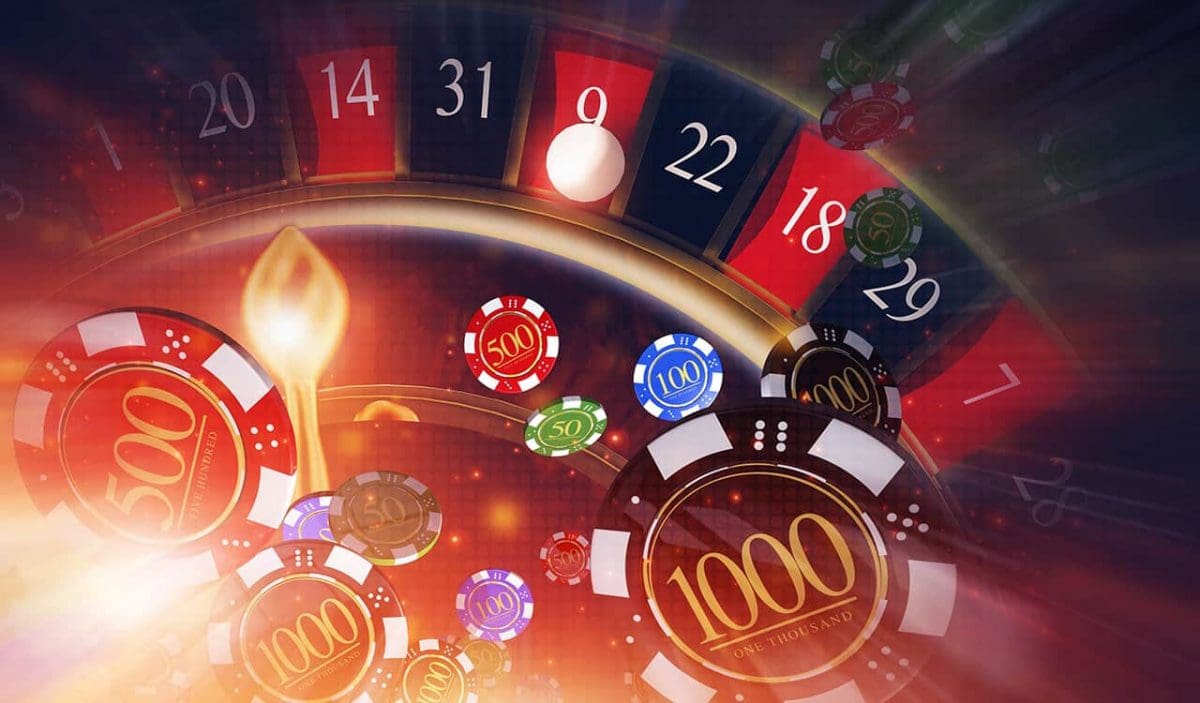
Casino entertainment have long been a staple in human culture, delivering not just entertainment but a intriguing reflection of our dreams, ambitions, and concerns. From the turning reels of a slot machine to the strategic gameplay of poker, these games encapsulate a variety of human feelings and events. At their core, casino games are more than a chance to earn cash; they are a reflection of life itself, where risk versus reward converge and luck can change in an moment.
As players assemble around tables or sit in front of vibrantly illuminated machines, they participate in a ritual that transcends mere betting. These games echo our natural desires for connection, adventure, and the quest for chance. They also unveil deeper truths about human psychology, such as our relationship with luck and the excitement of uncertainty. In exploring casino games, we reveal not only the nuances of play but also the intricate pattern of the human story, showcasing our intertwining narratives of aspiration and reality.
The Mind Behind Gambling
Gambling is intrinsically connected in human psychology, appealing to various feelings and desires. The excitement of risk-taking is a core aspect that draws players in, be it the thrill of spinning a roulette wheel or the anticipation of drawing a winning card in poker. This rush of adrenaline is frequently likened to other forms of excitement, as the unpredictability of outcomes elicits a distinct psychological response. Gamblers often become entranced by the possibility of winning big, leading to an almost magnetic draw toward casino games.
Additionally, an essential component of the psychology behind gambling is the concept of hope and ambition. Players often indulge in fantasies of financial freedom and the luxurious lifestyle that can accompany winning. This hope fuels their continued participation in gambling, as it provides a sense of purpose and the conviction that a transformative win could be just one bet away. The narrative of beating the odds and finding success resonates with many, strengthening their commitment to play and engage with these games.
Lastly, social dynamics play a significant role in gambling psychology. Casino environments are designed to promote social interaction, where gamblers gather to share the experience of wins and losses. This communal aspect not only enhances enjoyment but also affects behavior, as individuals often imitate the actions of others around them. The collective approval found in shared excitement can magnify the emotional experience, making casino games a mirror of not just personal desires but also shared involvement within the gambling community.
## The Dual Nature of Risk and Reward
Casino games embody the delicate balance between danger and gain that resonates deeply with human psychology. The thrill of placing a wager is often accompanied by a jolt of energy, as participants are confronted with the prospect of striking it rich, yet conscious of the risk to lose. This dual experience reflects a fundamental aspect of life: the choices we make often come with intrinsic risks, and the chase for gain can compel us to take chances we might not typically consider. In this way, gambling activities reflect real-world choices, enticing gamblers to gamble not just their money, but also their aspirations.
The allure of big prizes and winnings fuels a feeling of positivity, motivating players to envision a brighter future that could emerge from a single victorious spin of the wheel or dealing of a hand. This optimism can motivate individuals to engage in riskier behaviors, pushing them to take greater risks in search of monetary success. However, just as in life, the consequences of these decisions can lead to both victory and failure. The narratives of both big winners and those who have faced losses everything at the tables demonstrate the unpredictable nature of luck and its significant impact on our futures.
Ultimately, the experience of engaging with casino games serves as a strong reminder of the nature of humanity. Every game played is filled with the tension of ambiguity, as gamblers weigh the rewards against the dangers. This dynamic not only highlights the excitement that comes with gambling but also unveils the vulnerabilities that come with the longing for more. bakar 69 As we explore the complexities of decision-making and consequence in both the gambling world and in life, we find that the search for benefit shapes our character and lives in significant manners.
Culture and Loneliness in Gambling Culture
Gambling environment is a distinct mix of social engagement and individual endeavor, reflecting the dualities of human experience. Gamblers often gather around games, sharing in the excitement of the game, rejoicing in wins, and commiserating over losses. This social aspect is essential, as it establishes a sense of community and camaraderie among varied groups of people. Regular attendees to gaming establishments may form friendships and establish routines, turning the casino into a alternative home where they feel connected to a greater community of gamblers.
However, the appeal of casino games can also result to loneliness. As players become immersed in the thrill of gambling, they may isolate from personal relationships or fail to interact with the environment outside the casino. For some, the pursuit of a jackpot can overshadow genuine relationships, leading to isolation. The situation of being among people yet feeling solitary is not rare, as the attention shifts from collective fun to the private stakes of each individual’s path.
This interplay of community and isolation creates a rich mosaic that defines gaming culture. It showcases the complexity of social interactions, where happiness and sorrow exist together. Gambling venues serve as both a sanctuary for social engagement and a platform for individual struggles, illustrating how deeply entwined our yearning for companionship and the individual quest for wealth can be. In navigating this landscape, gamblers confront their own narratives—seeking both the thrill of the game and the fellowship of other players, ultimately mirroring the broader spectrum of individual experience.
